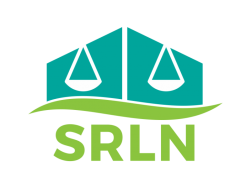
SRLN Brief: Canadian Access to Justice Research (SRLN 2016)
Access to justice issues have frequented academic, legal, political and mainstream debates for many years in Canada where the percentage of self-represented litigants in civil cases is also significant.

Project: Justice for All (NCSC & SRLN 2020)
Justice for All
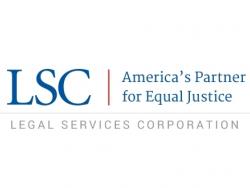
News: 2015 TIG Grants Included Five Court Partnership Grants – 2016 Should Bring More As We Build a 100% Access Technology Infrastructure (LSC 2016)
LSC's 2015 TIG grants included five grants to projects being undertaken by legal aid and court partnerships, according to the
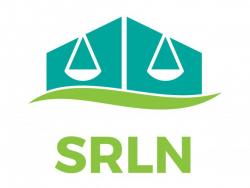
SRLN Brief: Procedural Fairness / Procedural Justice (SRLN 2015)
Research has shown that when defendants and litigants perceive the court process to be fair, they are more likely to comply with court orders and follow the law in the future—regardless of whether they “win” or “lose” their case.
Article: No Legal Advice from Court Personnel - What Does that Mean (Greacen 1995)
This is the seminal article that explores the underlying rationale that resulted in the blanket prohibition of clerk's not being able to provide information to the public for fear that it would be advice.
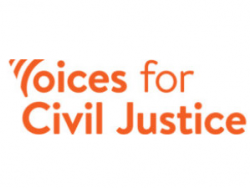
Weblinks: Voices for Civil Justice (Voices 2015)
Voices for Civil Justice launched in 2014 to serve as a nonpartisan communications hub advancing fairness in America’s legal system.
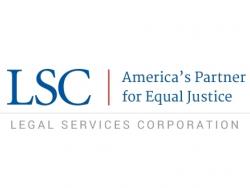
Report: Report of the Summit on the Use of Technology to Expand Access to Justice (LSC 2013)
In 2012 and 2013, the Legal Services Corporation convened a national Technology Summit that brought together more than 75 representatives of legal aid programs, courts, government, and business as well as technology experts, academics, and private
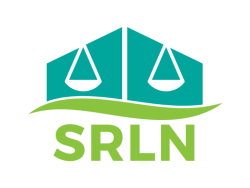
SRLN Brief: Envisioning 100% Access (SRLN 2015)
National Initiative: JUSTICE FOR ALL PROJECT
Article: Access to Justice: The Emerging Consensus and Some Questions and Implications (Zorza 2011)
In this 2011 article, Richard Zorza writes that there is a broad emerging general operational consensus within the relevant legal community - courts, bar and legal aid - about the approaches needed for a comprehensive soluti
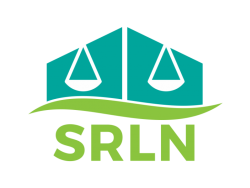
Best Practices: Best Practices in Court-Based Programs for the Self-Represented: Concepts, Attributes, Issues for Exploration, Examples, Contacts, and Resources (SRLN 2008)
This document, now in its second version, summarizes forty-two best practices in court based self-help service innovation, with descriptions of each practice, suggested attributes, examples and contacts.